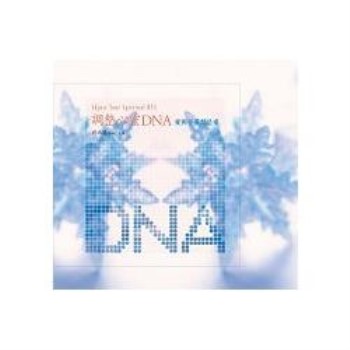The aim of the textbook is two-fold: first to serve as an introductory graduate course in Algebraic Topology and then to provide an application-oriented presentation of some fundamental concepts in Algebraic Topology to the fixed point theory. A simple approach based on point-set Topology is used throughout to introduce many standard constructions of fundamental and homological groups of surfaces and topological spaces. The approach does not rely on Homological Algebra. The constructions of some spaces using the quotient spaces such as the join, the suspension, and the adjunction spaces are developed in the setting of Topology only. The computations of the fundamental and homological groups of many surfaces and topological spaces occupy large parts of the book (sphere, torus, projective space, Mobius band, Klein bottle, manifolds, adjunctions spaces). Borsuk’s theory of retracts which is intimately related to the problem of the extendability of continuous functions is developed in details. This theory together with the homotopy theory, the lifting and covering maps may serve as additional course material for students involved in General Topology. The book comprises 280 detailed worked examples, 320 exercises (with hints or references), 80 illustrative figures, and more than 80 commutative diagrams to make it more oriented towards applications (maps between spheres, Borsuk-Ulam Theory, Fixed Point Theorems, ...) As applications, the book offers some existence results on the solvability of some nonlinear differential equations subject to initial or boundary conditions. The book is suitable for students primarily enrolled in Algebraic Topology, General Topology, Homological Algebra, Differential Topology, Differential Geometry, and Topological Geometry. It is also useful for advanced undergraduate students who aspire to grasp easily some new concepts in Algebraic Topology and Applications. The textbook is practical both as a teaching and research document for Bachelor, Master students, and first-year PhD students since it is accessible to any reader with a modest understanding of topological spaces. The book aspires to fill a gap in the existing literature by providing a research and teaching document which investigates both the theory and the applications of Algebraic Topology in an accessible way without missing the main results of the topics covered.
| FindBook |
有 1 項符合
Algebraic Topology的圖書 |
 |
Algebraic Topology 作者:Djebali 出版社:de Gruyter 出版日期:2024-11-18 語言:英文 規格:平裝 / 420頁 / 24.41 x 16.99 x 2.18 cm / 普通級/ 初版 |
| 圖書館借閱 |
| 國家圖書館 | 全國圖書書目資訊網 | 國立公共資訊圖書館 | 電子書服務平台 | MetaCat 跨館整合查詢 |
| 臺北市立圖書館 | 新北市立圖書館 | 基隆市公共圖書館 | 桃園市立圖書館 | 新竹縣公共圖書館 |
| 苗栗縣立圖書館 | 臺中市立圖書館 | 彰化縣公共圖書館 | 南投縣文化局 | 雲林縣公共圖書館 |
| 嘉義縣圖書館 | 臺南市立圖書館 | 高雄市立圖書館 | 屏東縣公共圖書館 | 宜蘭縣公共圖書館 |
| 花蓮縣文化局 | 臺東縣文化處 |
|
|
圖書介紹 - 資料來源:博客來 評分:
圖書名稱:Algebraic Topology
Algebraic Topology 相關搜尋
Numerical Computations: Theory and Algorithms: 4th International Conference, Numta 2023, Pizzo Calabro, Italy, June 14-20, 2023 Revised Selected PaperNumerical Computations: Theory and Algorithms: 4th International Conference, Numta 2023, Pizzo Calabro, Italy, June 14-20, 2023 Revised Selected Paper
Time Series Analysis and Its Applications: With R Examples
Electrimacs 2024: Selected Papers - Volume 1
Social Networks Analysis and Mining: 16th International Conference, Asonam 2024, Rende, Italy, September 2-5, 2024, Proceedings, Part III
Navigating Molecular Networks: Exploring the Chemical Space Concept in Novel Materials Design
Intelligent Computing and Big Data Analytics: First International Conference, Icicbda 2024, Navi Mumbai, India, June 15-16, 2024, Proceedings, Part-I
Intelligent Computing and Big Data Analytics: First International Conference, Icicbda 2024, Navi Mumbai, India, June 15-16, 2024, Proceedings, Part-II
Discovery Science: 27th International Conference, DS 2024, Pisa, Italy, October 14-16, 2024, Proceedings, Part I
Variational Bayesian Learning Theory
|











